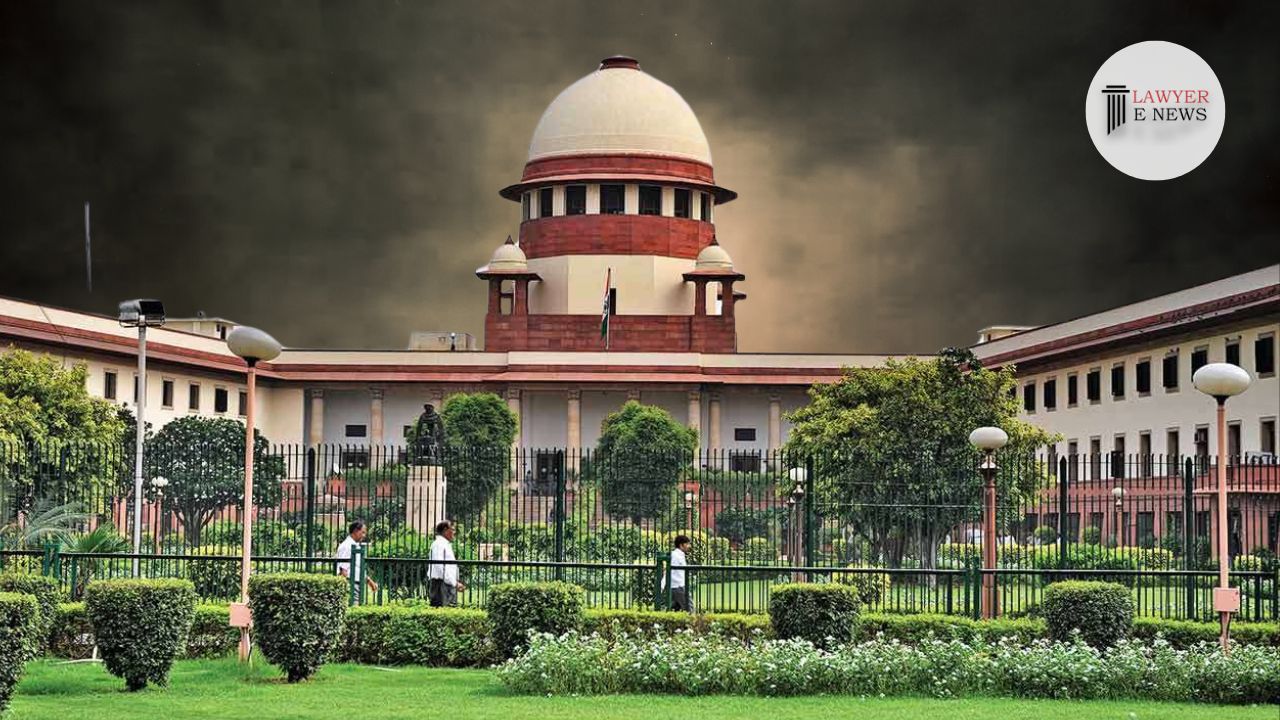-
by Admin
15 February 2026 5:35 AM



In a landmark decision, the Supreme Court has reversed the High Court’s earlier ruling which invalidated the acceptance of Change Reports concerning the trusteeship and administration of Shri Mallikarjun Devasthan, a Public Trust. The apex court emphasized that the “High Court’s hypertechnical approach in demanding separate order for delay condonation was unnecessary,” asserting that the delays in filing were justifiably condoned under the Maharashtra Public Trusts Act, 1950.
The controversy stemmed from the High Court of Judicature at Bombay’s decision which questioned the procedural legitimacy of accepting Change Reports filed years after the prescribed deadlines. These reports pertained to the trusteeship succession in Shri Mallikarjun Devasthan following the demise of previous trustees. The High Court had remanded the matter for fresh consideration by the Deputy Charity Commissioner, Solapur, highlighting an absence of a formal delay condonation.
Authority to Condone Delay: The Supreme Court noted that even though the Maharashtra Public Trusts Act was amended in 2017 to explicitly include provisions for condoning delays, the authority to accept late filings with justifiable reasons existed even prior to the amendment. The apex court criticized the High Court’s focus on the lack of a separate formal order for delay condonation, stating that such an oversight did not merit the invalidation of the Change Reports.
Implications of Delay in Filing Change Reports: The court observed that delays in filing Change Reports do not automatically invalidate the changes in trusteeship. The justices pointed out that the legislative intent was not to disrupt the ongoing management of public trusts due to procedural delays, especially when such delays are condoned by competent authorities.
Judicial Review of Administrative Decisions: The Supreme Court highlighted the need for a pragmatic approach in judicial review, which avoids undue interference with administrative discretion unless there is a clear evidence of substantive injustice. The apex court remarked, “Courts are not supposed to legalize injustice but are obliged to remove injustice,” endorsing a flexible, justice-oriented approach towards procedural lapses in administrative functions of public trusts.
The Supreme Court allowed the appeals, thereby confirming the validity of Change Reports Nos. 899 of 2015 and 1177 of 2017 concerning the administration of Shri Mallikarjun Devasthan. It set aside the High Court’s judgment, with each party bearing their own costs, and closed any pending applications.
Date of Decision: April 25, 2024
Shri Mallikarjun Devasthan, Shelgi v. Subhash Mallikarjun Birajdar and Others
